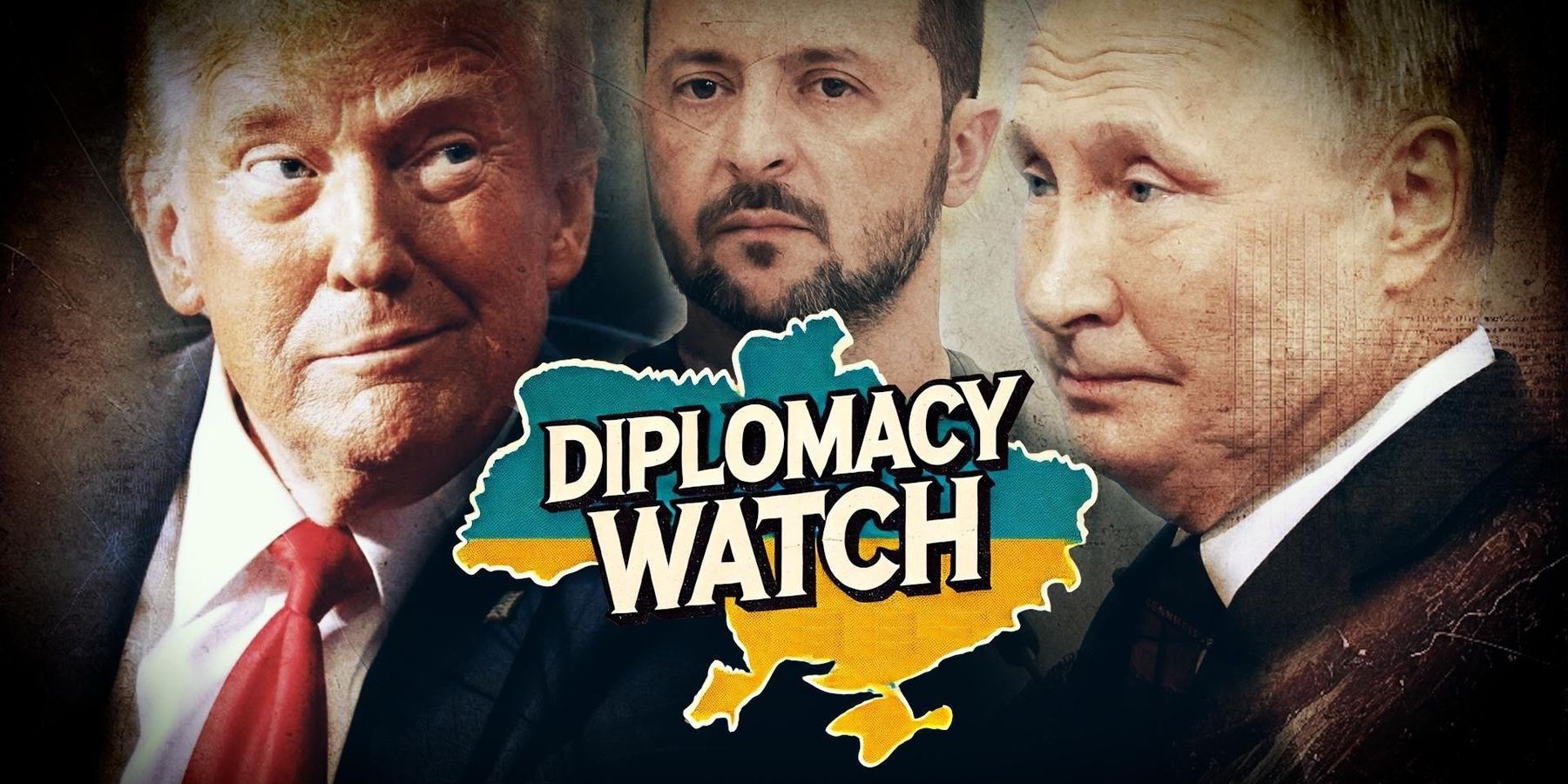Russian and Ukrainian leaders appear to be goading one another as to who is and who isn’t ready to negotiate an end to the war in Ukraine.
Russian Foreign Minister Sergei Lavrov charged late last week that Ukraine is not ready for serious negotiations. “Despite the increasingly loud talk about the need for peace talks,” he said, “there are objectively no practical actions indicating that Kyiv and the West are really ready for them.”
The Russian foreign minister added, “There is a (Ukrainian) legal ban on negotiations, and the issue of the legitimacy of the Ukrainian authorities is not being resolved,” said Lavrov — referring to the fact that Zelenskyy did not hold an election in May of 2024 and has been in power under martial law.
Meanwhile, Russian President Putin expressed concern that Zelenskyy is not legally qualified to sign a long-term peace agreement. “In terms of signing documents, everything has to be done in a way that legal experts confirm the legitimacy of those who are authorized by the Ukrainian state to sign these agreements," he said.
For his part, Zelenskyy shot back. “Today, Putin once again confirmed that he is afraid of negotiations, afraid of strong leaders, and does everything possible to prolong the war,” he posted on X.
Despite this rhetoric, support for a negotiated peace is high amongst Ukraine’s public, as many are war-weary. Additionally, some experts are optimistic. “There is much discussion on how to separate Russian and Ukrainian political posturing from their actual negotiating positions, but those distinctions will naturally emerge over the course of peace talks,” says the Quincy Institute’s Mark Episkopos. “The main task at hand is to incentivize both sides to negotiate in good faith.”
In other Ukraine war news this week:
President Trump and Secretary of State Marco Rubio announced a pause on most U.S. foreign aid last week, and now Ukrainians are beginning to feel the effects. The Guardian reports that most U.S. Aid programs in Ukraine have abruptly stopped.
The United States has provided Ukraine with $37 billion in humanitarian and development aid since the start of Russia’s invasion in 2022, mainly through the Agency for International Development (USAID).
“They’re going to feel the effect of this next week,” said Hope for Ukraine founder Yuriy Boyechko. Many organizations are unsure what to do in the long term but will temporarily use local and redirected funds to fill some funding holes.
Ukrainian President Zelenskyy indicated that the United States would continue providing military aid, but it is unclear how long the pause on other forms of assistance will last.
Reuters reports that Ukrainian officials uncovered “mass fraud” totaling around $40 million in its weapons procurement system. A contract for mortar shells had been reached with Lviv Arsenal, but the shells never arrived, and the money was moved to foreign accounts. “According to the investigation, former and current high-ranking officials of the Ministry of Defence and heads of affiliated companies are involved in the embezzlement,” said Ukrainian security officials.
At least 20 American mercenaries are MIA in Russia, hitting a 6-month spike, according to CNN. Additionally, the remains of at least 5 Americans are currently stuck in Europe as their extradition is being negotiated with European governments. It is unknown how many Americans have died in Ukraine so far.- What a Russian 'victory' would actually look like ›
- Russia's upper hand puts US-Ukraine at a crossroads ›
















